Pain in the testicles is a symptom of some diseases of the reproductive system, although sometimes it is not a sign of pathology. Why testicles hurt after arousal, and whether this phenomenon should be feared - later in the text.
When excited, pain can occur even in the absence of pathological processes. But, the pain syndrome can be a signal of the onset of inflammation or the development of a tumor, so it is important to distinguish between physiological and pathological causes and know their features.
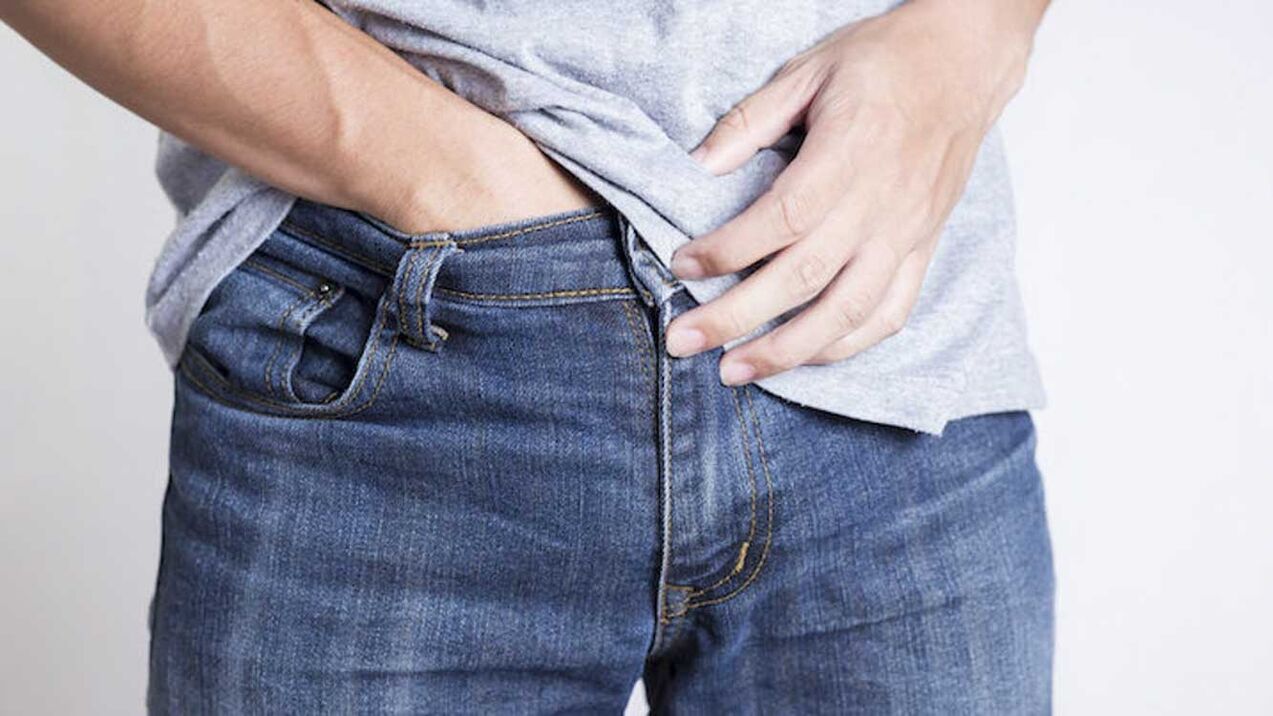
Physiological causes
An erection in men is accompanied by an active blood supply to the testicles and penis. Blood accumulates in the cavernous bodies of the penis, and also overflows the vessels in the surrounding tissues.
As a result of an erection, the blood vessels located in the tissues of the reproductive organs overflow. This leads to the appearance of pain syndrome. After sexual intercourse, blood circulation is restored and then the pain disappears. A detailed description of the development mechanisms is below.
overexcitation
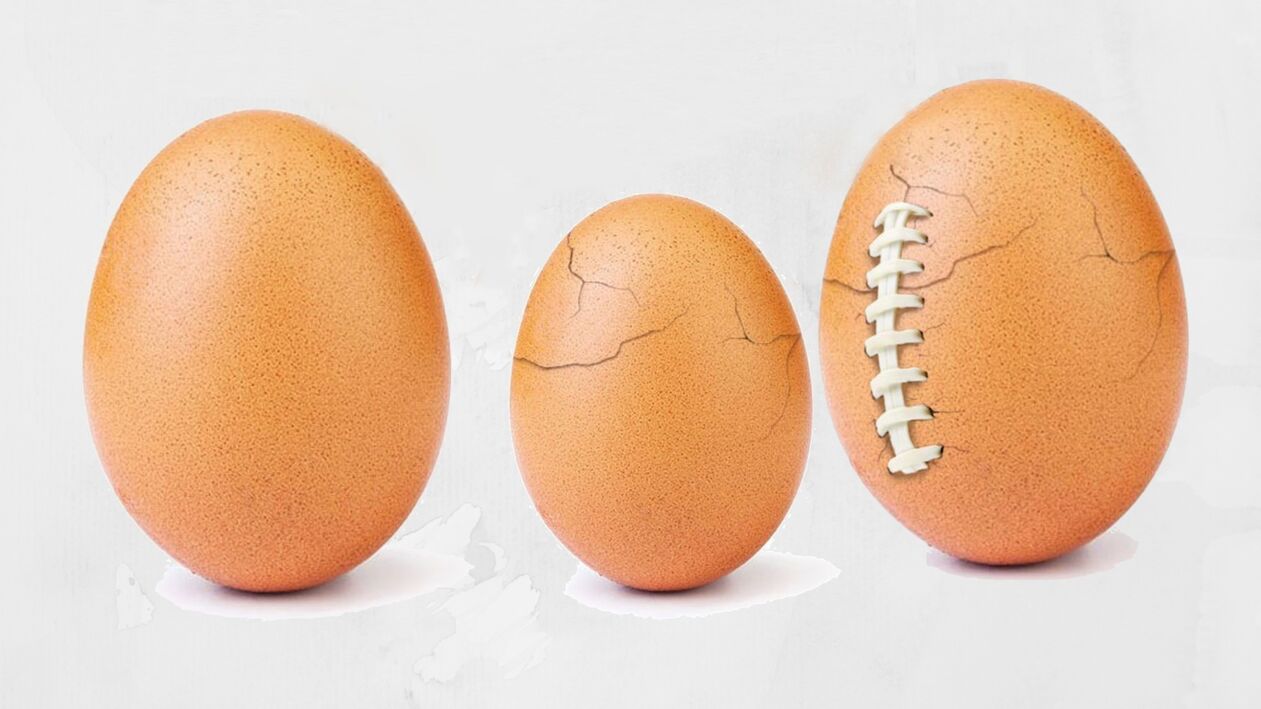
The mechanism of occurrence of physiological pain during overexcitation:
- blood overflows the channels of blood vessels and capillaries;
- as a result of perfusion, tissues become overfilled with fluid;
- there is compression of numerous nerve processes.
Soreness is the result of pressure from fluid-filled tissues on nerve endings and has no pathological cause. The longer ejaculation does not occur, the more discomfort increases due to the fact that the blood stays all the time, and the tissues squeeze the nerve endings more.
Vacuum pumps, silicone erectors and nozzles interfere with the outflow of blood, and if used for too long, lead to pain. If the testicles hurt during prolonged arousal, you should reduce the time of sexual contact and temporarily stop using such accessories.
Abstinence
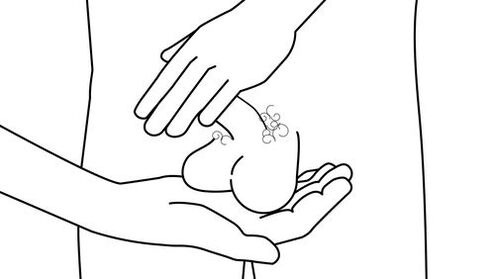
Prolonged abstinence is accompanied by frequent pain attacks. The mechanism of occurrence of pain attacks is the same as during overexcitation. But, with prolonged abstinence, they can be intense and prolonged.
Seminal vesicles during the period of excitation actively produce seminal fluid, and if it is impossible to release it, it accumulates and increases pressure on the nerve endings.
The restoration of sexual activity completely eliminates the physiological causes. If the testicles break after arousal for a long period of time, regardless of the frequency of sexual intercourse, the cause may be hiding in a developing disease of the reproductive organs.
Pathological causes
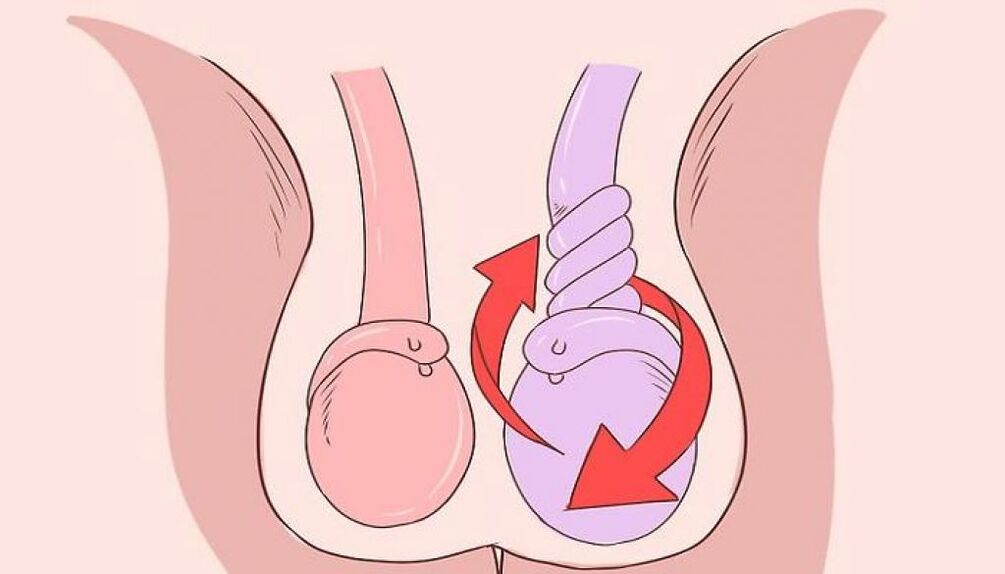
Pain at the time of excitation and after it often indicates a pathology. The cause of the pain syndrome may be the appearance of neoplasms, inflammation or vascular disease.
List of diseases accompanied by this symptom:
- Varicocele is a pathological expansion of blood vessels in the genital area. Due to impaired blood supply, cyanosis of the skin, pain after arousal, and erectile dysfunction are observed.
- Orchitis is an inflammation of the seminal glands, provoked by a urogenital infection. Infectious diseases during the period of exacerbation are accompanied by soreness and impaired ejaculation. Additionally, there is an increase in temperature, painful urination, discharge. With the development of a purulent abscess, removal of the seminal glands is indicated.
- Torsion of the spermatic cord occurs as a result of sharp contractions of the muscles of the scrotum during intercourse or masturbation and provokes severe pain.
- Open and closed injuries of the genital organs are accompanied by unpleasant sensations that are aggravated by arousal. Discomfort disappears after complete restoration of damaged tissues.
- Violation of microcirculation of blood in the vessels and capillaries gives rise to discomfort during erection and leads to disruption of the functioning of the seminal glands.
- With strong excitement, the muscles overstrain. In the presence of an inguinal hernia, it may be pinched, accompanied by pain in the scrotum.
- Malignant and benign neoplasms are manifested by pain during sex.
Pain in children
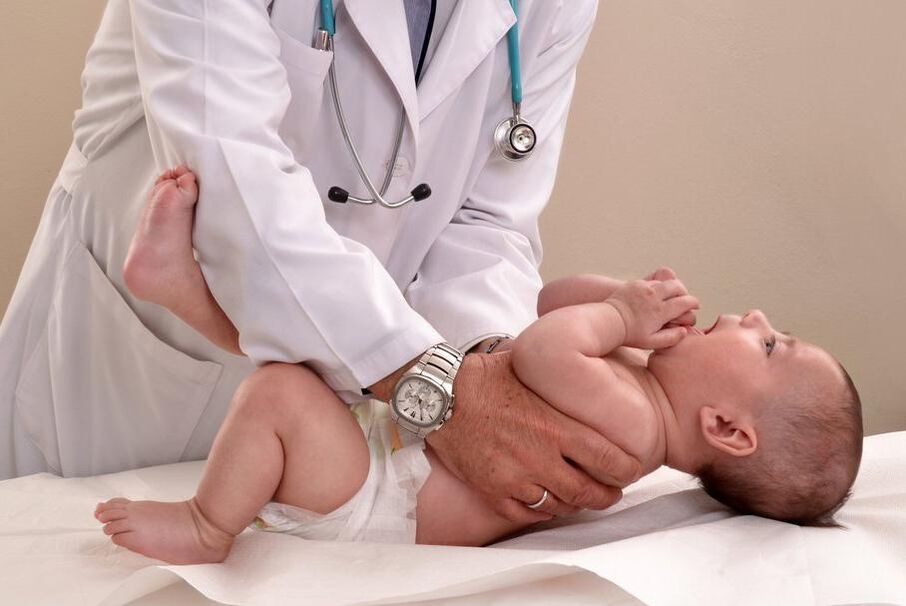
The appearance of pain in the scrotum in a child not of puberty is a reason for a visit to a pediatric urologist. Below are the reasons why a boy's testicle hurts.
- Cryptorchidism is a congenital pathology that develops at 34-36 weeks of gestation as a result of a deficiency of male hormones in the mother's body. Because of this, the testicles do not descend into the scrotum at the time of birth, but remain in the peritoneum. Conservative treatment followed by surgical intervention is indicated. Pathology can affect only one, the right testicle or the left.
- Anomalies in the development of the testicles. This is the wandering testicle syndrome - a congenital anomaly that resolves itself after the end of puberty. Due to the fact that the seminal sacs are not fixed in the scrotum, they are excessively mobile and their prolapse leads to pressure and discomfort.
- Urological diseases - due to acute infectious diseases of the urinary tract, the inflammatory process can spread to the adjacent organs of the reproductive system. If the boy's testicle hurts against the background of urological infections, after the treatment of the disease, the pain syndrome is eliminated.
Treatment
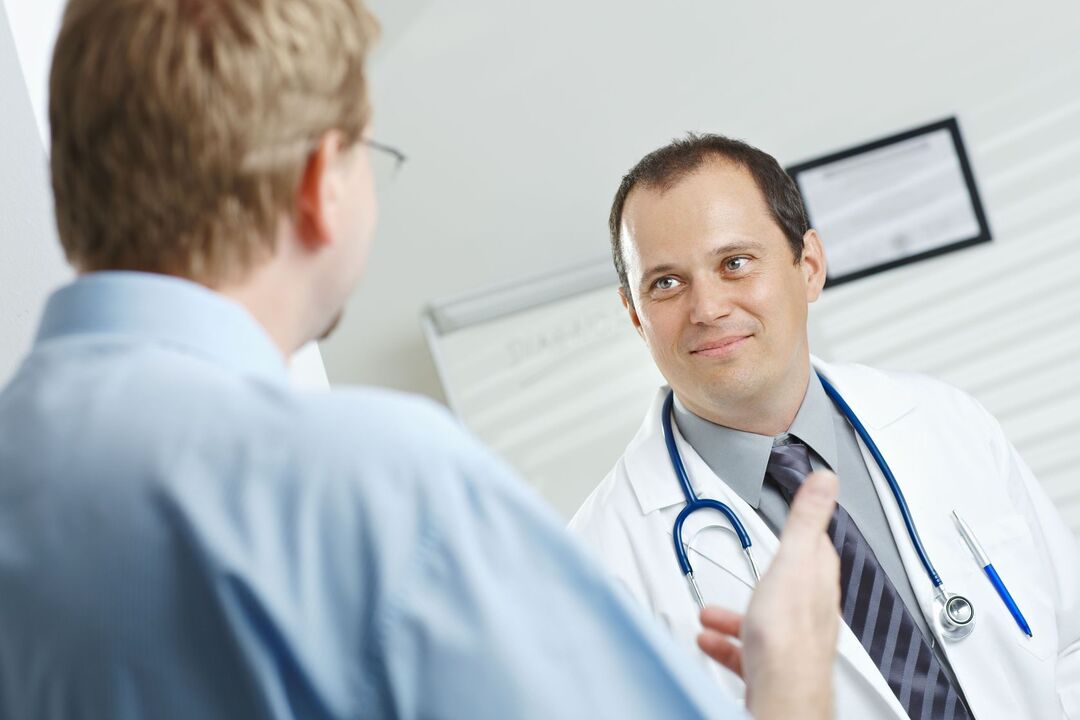
Only a urologist can determine the true cause and select the appropriate treatment after the diagnosis. How to relieve pain with pathological causes depends on the diagnosis. Therapy of diseases that provoked discomfort is the only solution to the problem.
What to do if the discomfort is of a physiological nature and occurs after sexual intercourse or when overexcited:
- establish regular sexual activity;
- avoid prolonged abstinence;
- do not abuse accessories to prolong sexual intercourse.
It is necessary to release the glands from the seminal fluid and after a few minutes the condition returns to normal. After ejaculation, you can take a cold shower to reduce pain.
Conclusion
Irregular sexual activity, abstinence and overexcitation are dangerous with the gradual extinction of erectile function and impotence. It is impossible to ignore such symptoms and strictly adhere to the doctor's recommendations in order to avoid negative consequences.

























































